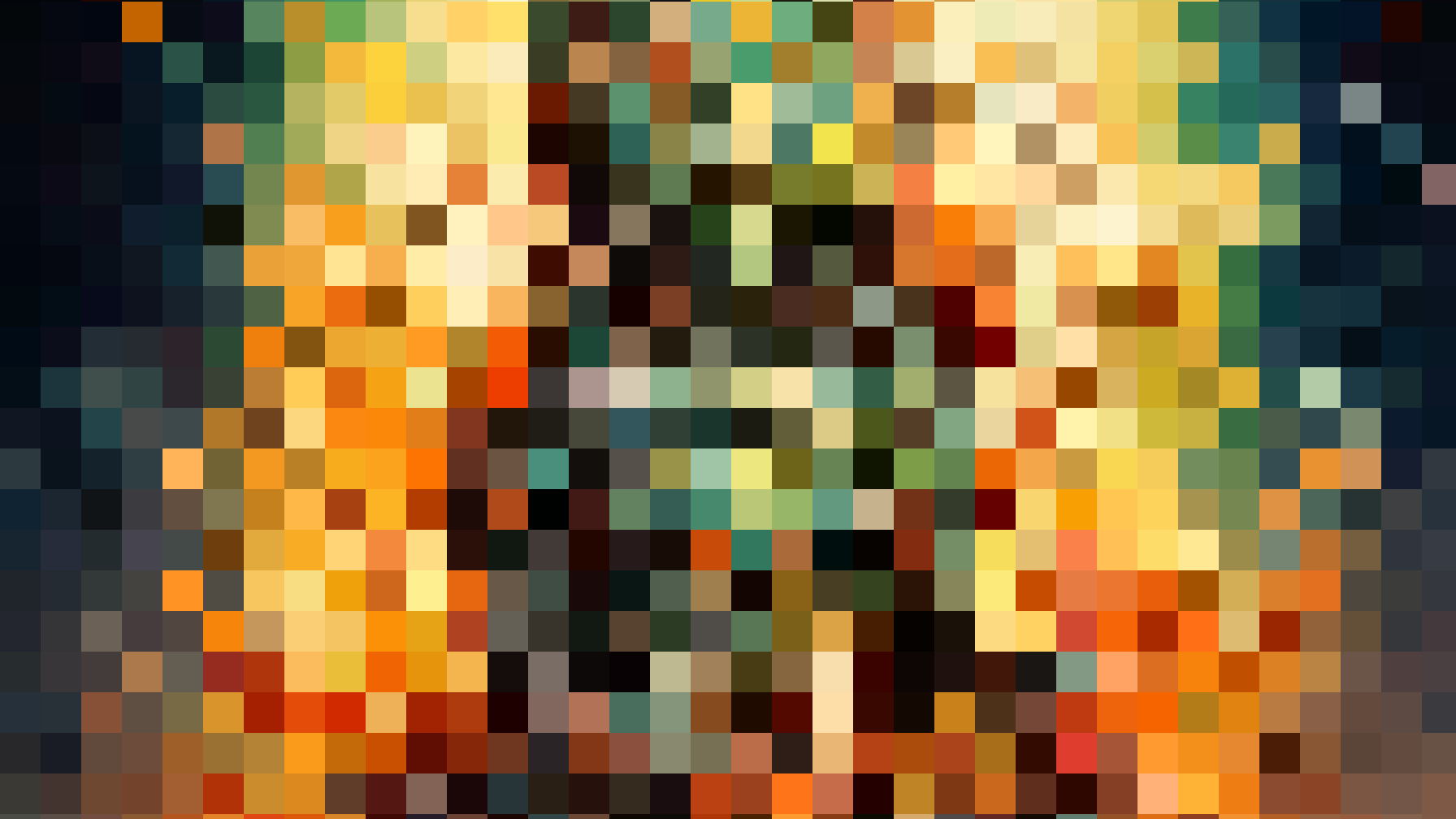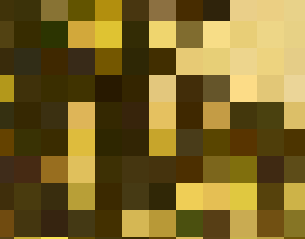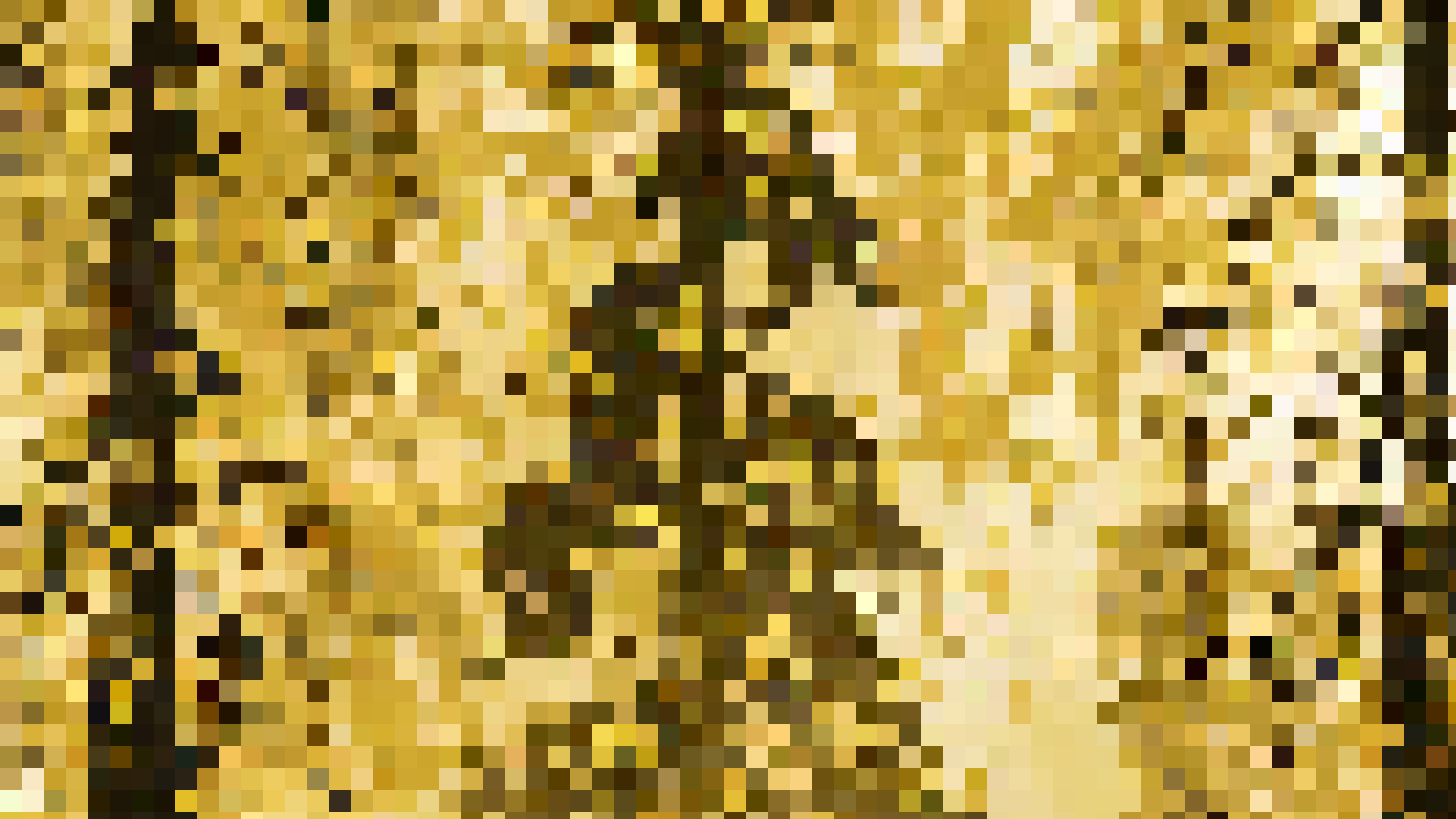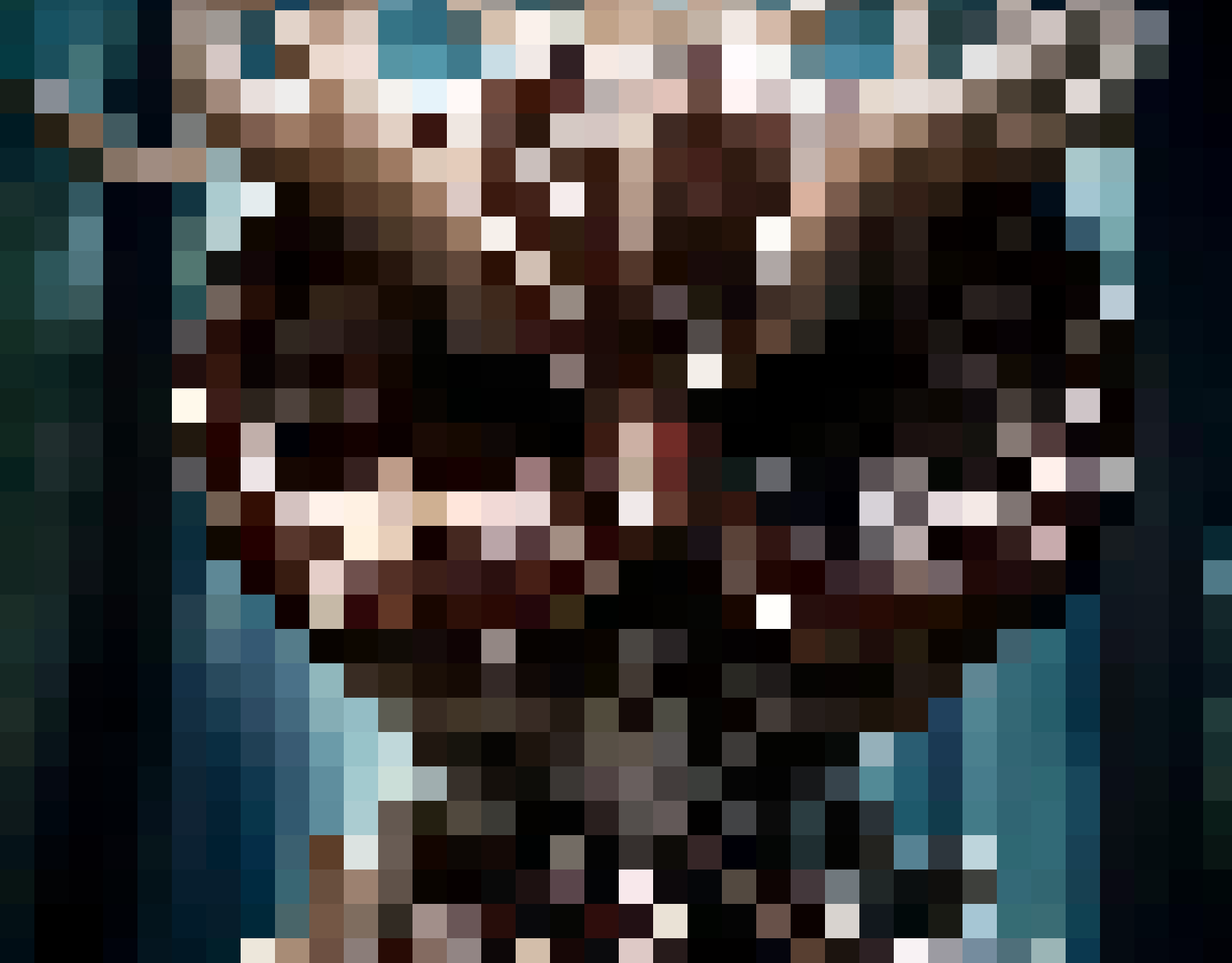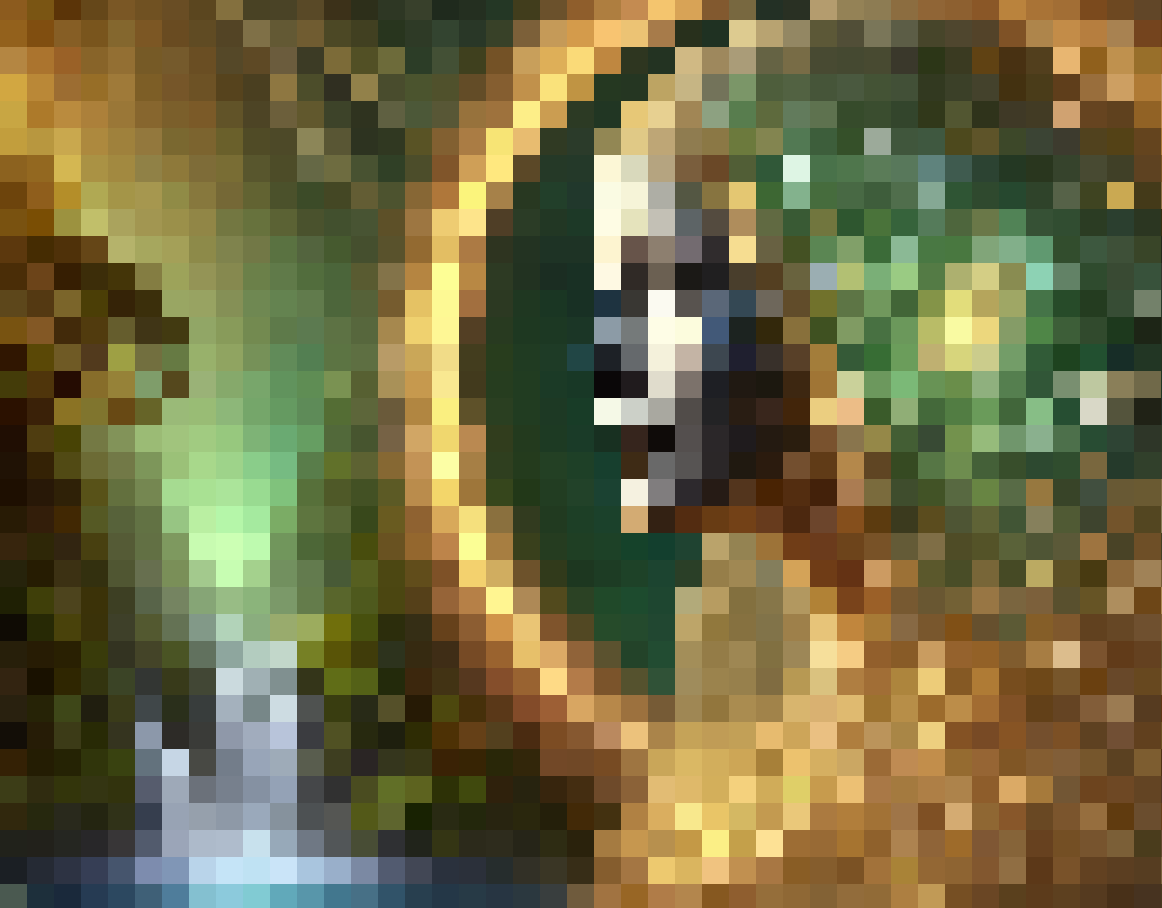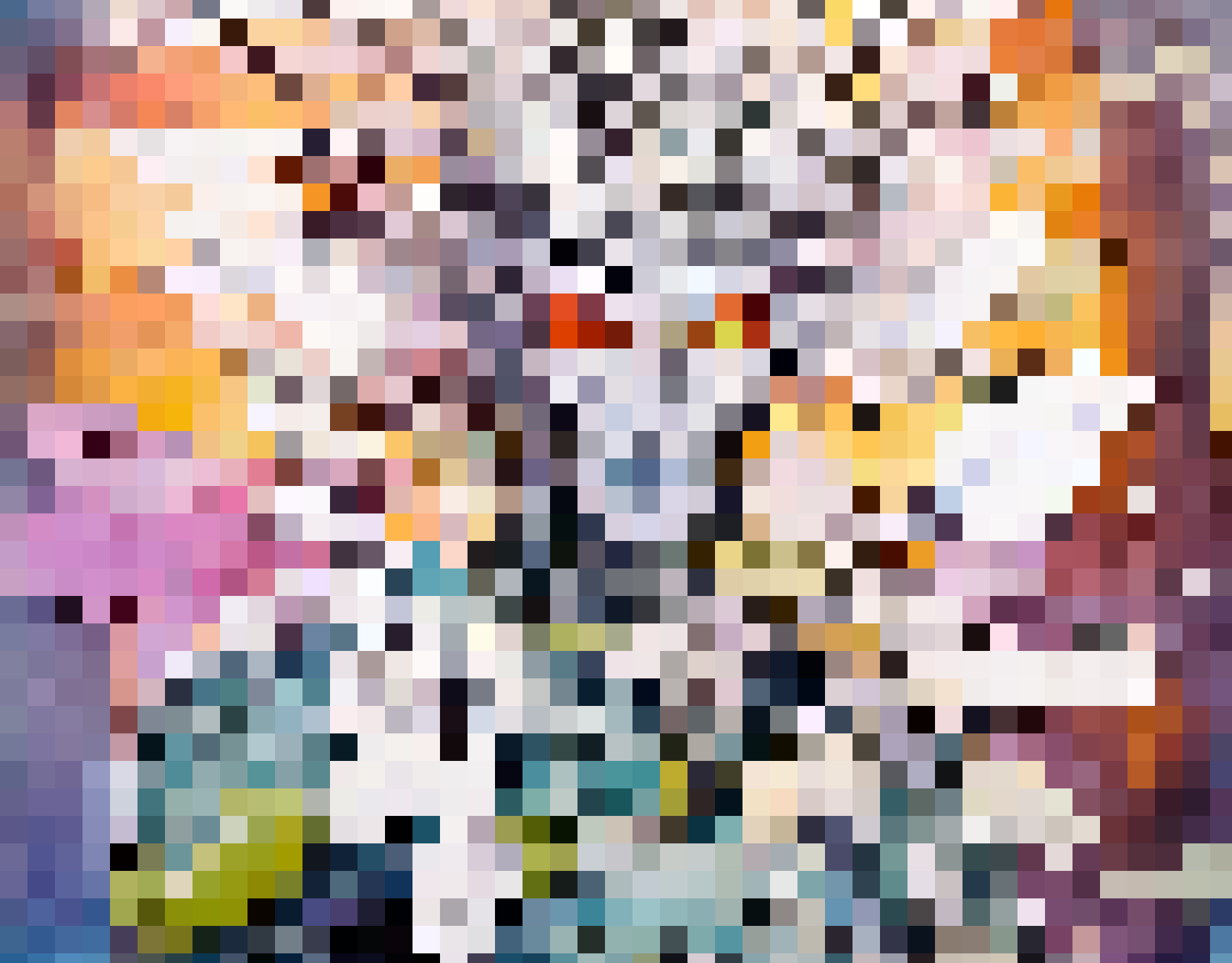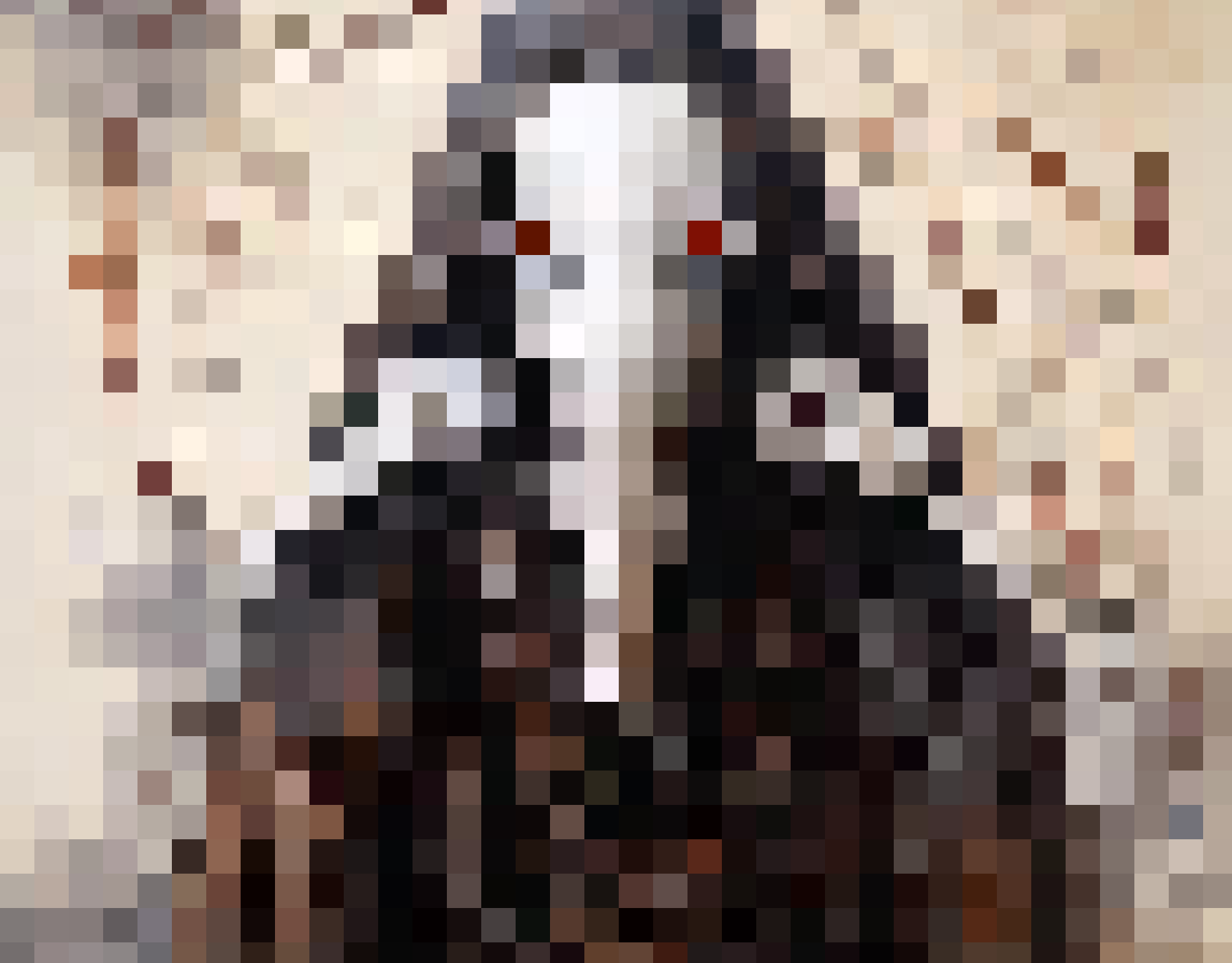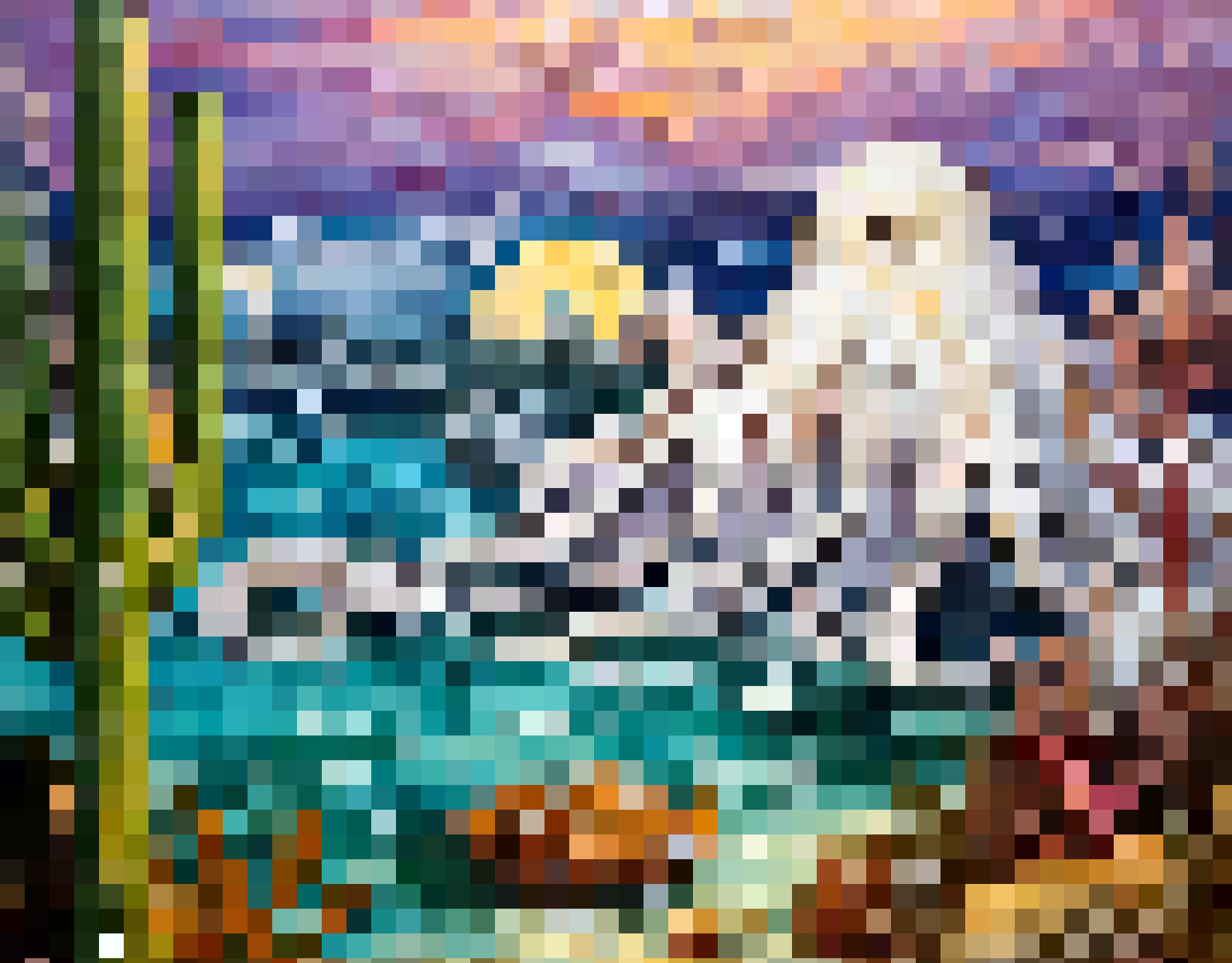Deception is the art of hiding the truth, creating illusions that obscure reality and lead others astray. It thrives in the space between what is seen and what is concealed, using false appearances to manipulate perceptions and create false beliefs. Deception can be subtle or obvius, but its core lies in the distortion of reality, twisting facts to suit a desired outcome. It is a force that thrives on confusion and the misdirection of truth.
At its core, deception is built on a foundation of falsehoods, leading to misplaced trust, misunderstanding, and betrayal. It can offer temporary comfort or relief, but it is always at the cost of truth. Deception teaches that the pursuit of hidden truths requires courage, as uncovering the reality beneath the illusions can be uncomfortable. It serves as a reminder that only through honesty and transparency can we escape the confines of falsehood and find true understanding.
More depth
More depth


